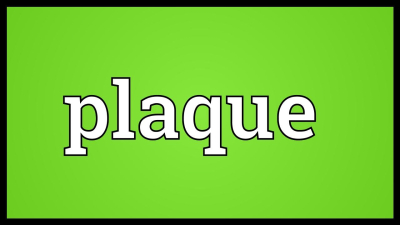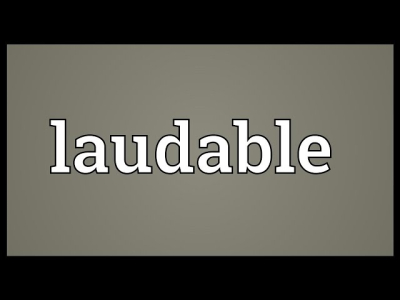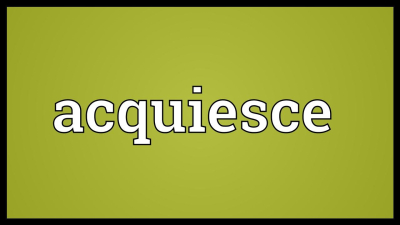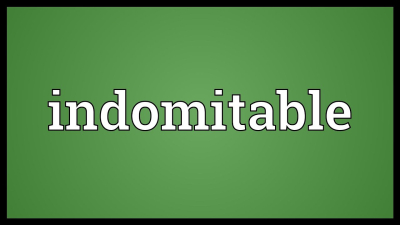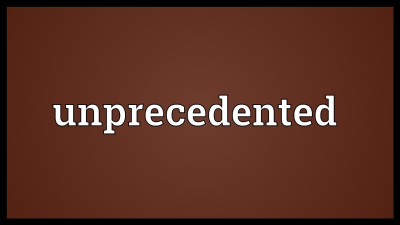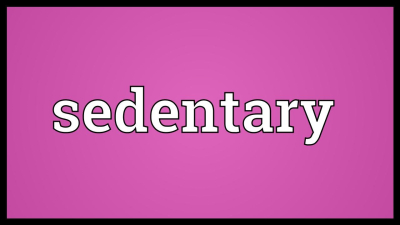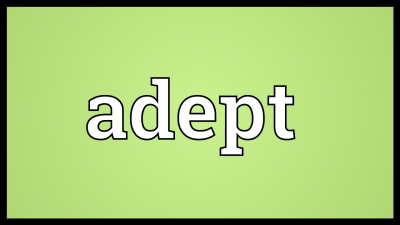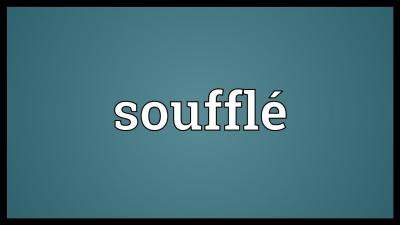What is meaning, origin and usage of word ‘Bedazzle’?

Meaning: The word bedazzle is used when the outstanding ability or striking appearance greatly impresses someone. It is also used to denote decorating or personalising clothing or accessories using beads, glitter, etc
Origin: The word, which has been in use since the 1590s, was first used to mean "blind by excess of light". It is arrived at by combining "be" with "dazzle”. Dazzle acquired the figurative sense of "overpower or excite admiration by brilliancy or showy display" from 1560s.
Usage: Bedazzled by our gadgets, we seem to have completely lost ourselves to these devices.
Picture Credit : Google
